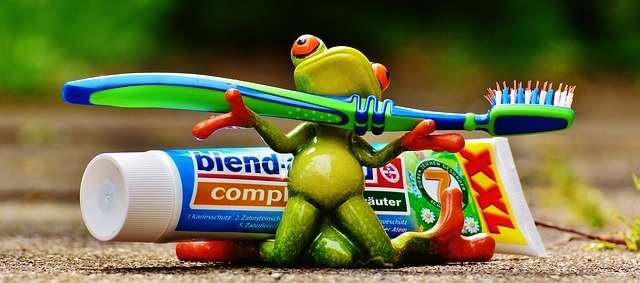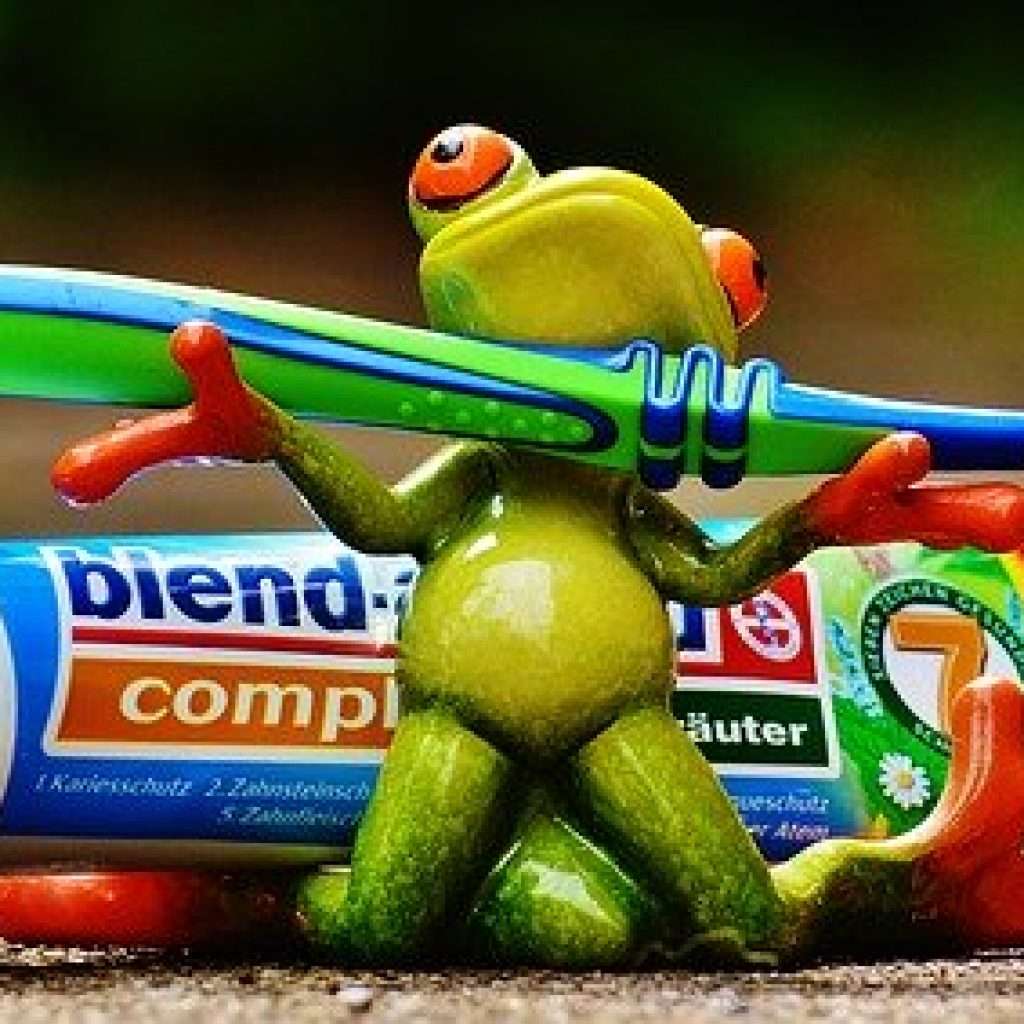
Something we all have to worry about on a daily basis is the way we take care of our oral hygiene. Failing to care for your teeth can result in excessive costs for repairs. Use the guide here to help you be sure you’re caring for yourself properly.
If you are trying to find affordable dental care, visit a few various places first. When you don’t have insurance, it’s sometimes best to go with a college that offers discounted work. Without proper dental care, you may actually have to spend more in the long run. Try to schedule at least two visits per year.
Buy high-quality toothbrushes, and replace them as needed. The toothbrush that works the best would be one that’s softer on your gums. If your gums bleed, you might need a softer toothbrush. Try not to use a toothbrush for longer than a month, as bacteria will develop quickly.
If every time you brush your teeth there’s any trace of blood inside the mouth, go see your periodontist or dentist. BleeMaintaining excellent dental health is crucial for both your well-being and your wallet. Neglecting your oral hygiene can lead to costly dental repairs in the future. To ensure you’re taking the right steps to care for your teeth, follow these dental health tips.ding gums could mean gum disease, which could become a major issue if left untreated. Gum disease builds vulnerability to bone loss, tooth loss, infections and diabetes.
Table of Contents:
- Affordable Dental Care
- Choose the Right Toothbrush
- Beware of Gum Disease
- Brushing After Consuming Sugary or Acidic Foods
- Incorporate Flossing and Mouthwash
- Address Tooth Sensitivity
- Regular Brushing and Flossing
- Regular Dental Check-Ups
- Mouthwash for a More Thorough Clean
- Save a Dislodged Tooth
Affordable Dental Care
When seeking affordable dental care, it’s essential to explore different options. If you don’t have dental insurance, consider visiting a dental college that offers discounted services. Investing in regular dental care now can save you from incurring more significant expenses down the road. Aim to schedule at least two dental check-ups per year to monitor your oral health effectively.
Choose the Right Toothbrush
Invest in high-quality toothbrushes and replace them as needed. Opt for a toothbrush with soft bristles, which is gentle on your gums. If your gums tend to bleed during brushing, it’s a sign that you might need a softer toothbrush. To prevent bacterial buildup, avoid using the same toothbrush for longer than a month.
Beware of Gum Disease
If you notice any traces of blood in your mouth while brushing, it’s crucial to consult your periodontist or dentist immediately. Bleeding gums can be an early indication of gum disease, a condition that can lead to bone loss, tooth loss, infections, and even diabetes if left untreated. Early intervention is key to preserving your oral health.
Brushing After Consuming Sugary or Acidic Foods
While it’s well-known that you should brush your teeth at least twice a day, there are instances when extra brushing is necessary. After consuming sugary or acidic foods, it’s advisable to brush your teeth immediately to protect your tooth enamel from erosion.
Incorporate Flossing and Mouthwash
For optimal dental health, brushing alone is not sufficient. Incorporate flossing and mouthwash into your daily routine. Flossing removes debris lodged between your teeth, while mouthwash acts as a second line of defense against harmful bacteria. Don’t skip these vital steps in your oral care regimen.
Address Tooth Sensitivity
If you experience tooth pain or sensitivity, consider switching to a toothpaste formulated to alleviate the issue. Sensitivity to hot or cold beverages may indicate a problem. Consult your dentist to rule out any underlying dental conditions and ensure you’re receiving the appropriate care.
Regular Brushing and Flossing
To maintain a beautiful smile and healthy teeth, it’s essential to brush your teeth at least three times a day and floss once daily. These simple and cost-effective practices are the best preventive measures for oral health.
Regular Dental Check-Ups
Visiting your dentist on a regular basis is key to maintaining good oral health. The more frequently you go, the better your chances of early problem detection. Dentists can identify issues that you might not be aware of, and immediate treatment can prevent minor problems from escalating into more severe dental conditions.
Mouthwash for a More Thorough Clean
If you’re concerned that your brushing isn’t thorough enough, try using mouthwash in your routine. Before brushing, follow the product’s instructions. Mouthwash can help identify areas that require additional attention by staining any problematic spots. Keep in mind that it might take some time to eliminate all the stains, so use this method when you have enough time to spare.
Save a Dislodged Tooth
In the unfortunate event of a tooth becoming dislodged due to an impact, it’s essential to act quickly. Rinse the tooth gently with water and try to reposition it back into its socket. If reinsertion isn’t possible, place the tooth in a container of milk and contact your dentist immediately. Quick action can sometimes save a dislodged tooth.
Dental care is not a complex task, as demonstrated by these essential tips. By following these recommendations, you can maintain optimal oral health and avoid costly dental procedures in the future. However, always consult with your dentist to establish a personalized dental care routine that meets your specific needs. Remember, proactive care is the key to a beautiful and healthy smile.

